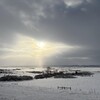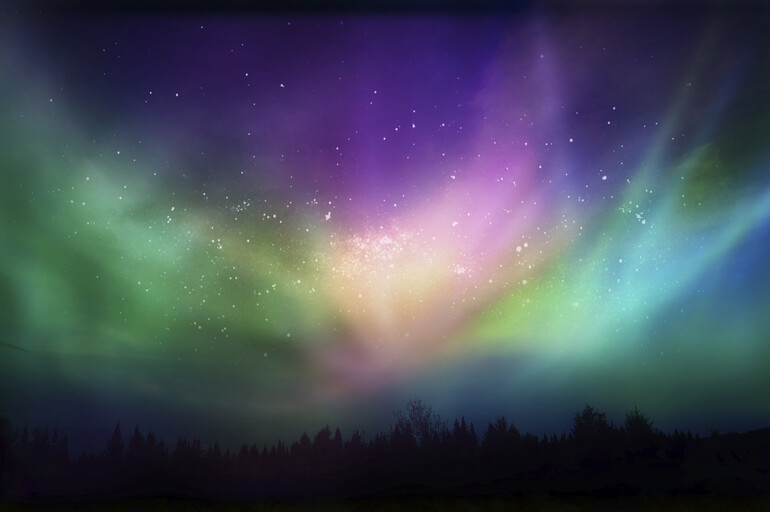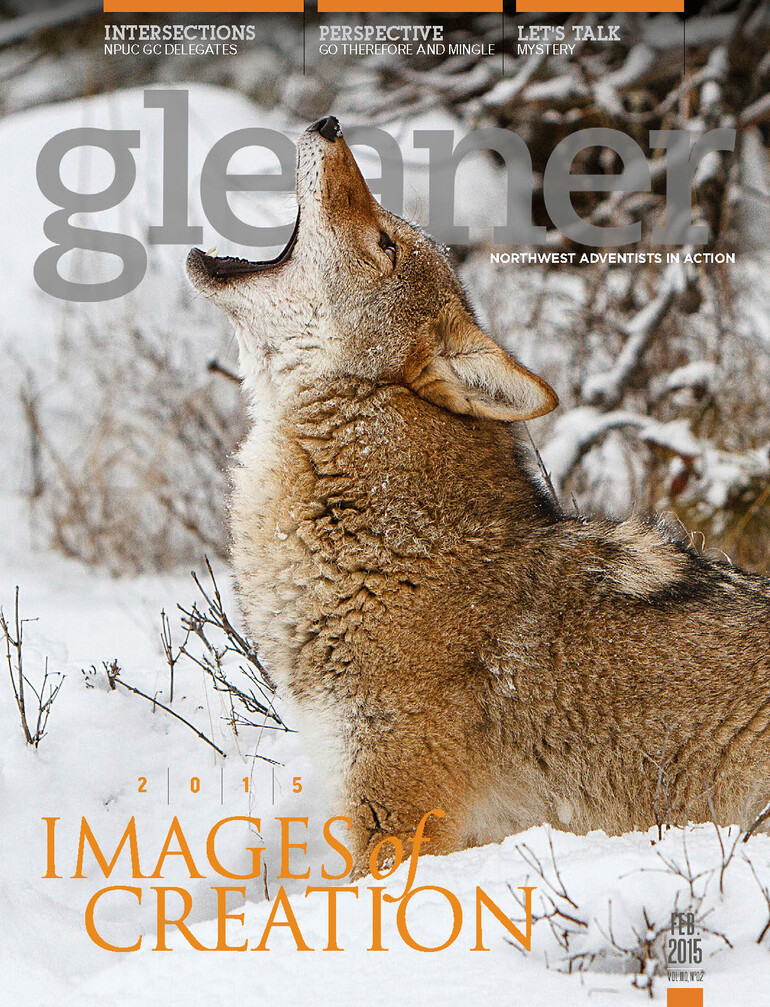"When I consider your heavens, the work of your fingers, the moon and the stars, which you have set in place, what is mankind that you are mindful of them?" Psalm 8:3,4 NIV
As I write this, the recent holidays have added a certain heft to my frame. Festive delights down the hatch have pushed best intentions down the drain. Expectant women revel in the glory of being “great with child.” I am “great with girth.” And, believe me, there is no glory in it.
Yet even though my personal space is temporarily expanded, it’s a pretty small universe. When the narrative is all about me, it amounts to a very short story. In this age of “selfie” narcissism, it’s good to have the windows of our minds blown out occasionally. To get jogged from our own rutted bias is a wonderful thing. And, to be humbled by the immensity of divine mystery is to be one with the Psalmist.
A first-time visitor to parts of the Northwest this time of year might be forgiven for doubting the existence of the sun or assuming air is 80 percent water. But these perceptions would be just as limited as if someone dipped a casual cup into the Puget Sound, brought it to eye level and with a critical shrug said, “See, there are no fish in the sea.” Our personal prognostications based on such limited vision are dwarfed by the boundless reality at work through the hand of our Creator.
I remember the first awakenings of wonder as a teenager, gazing through a small telescope at worlds beyond my everyday field of vision. To grasp that the bright point of light in the evening sky was actually the crescent sliver of Venus, that the dim middle gleam in Orion’s belt was something much more, that the fuzzy glow in Andromeda was yet another galaxy beyond our own, was an admission to the humility of wonder.
A recent survey of millions of stars suggests that there’s at least one planet for every star in the sky — and probably more. According to some observations, a plethora of stars in the Milky Way host planets — some of which are in orbits potentially capable of supporting life.1
Bible-believing Christians have reasons to be skeptical about some scientific conclusions. But this would not be the first time that such observations have found polarity with Scripture or the writings of Ellen White, who at times refers to inhabitants of other worlds.2
And, yet, the brightest human minds probing the universe now believe that all the stars, planets and galaxies in the sky make up only five percent of the universe. The rest is not empty. It is filled with what scientists call “dark matter” and “dark energy," the invisible scaffolding of space.3
Indeed we all see such things "as through a glass darkly." I’m okay with not having every detail of the universe figured out because I know Who does. The more my mind gets “blown” by the immensity of creation, the greater my inclination is to “bow in humble adoration, and there proclaim, ‘My God, how great Thou art.’”4
- http://www.space.com/24894-exoplanets-habitable-zone-red-dwarfs.html.
- Ellen G. White, Early Writings, p. 39
- National Geographic, January 2015, “The First Glimpse of the Hidden Cosmos,” p. 112.
- Stuart K. Hine, “How Great Thou Art.”











